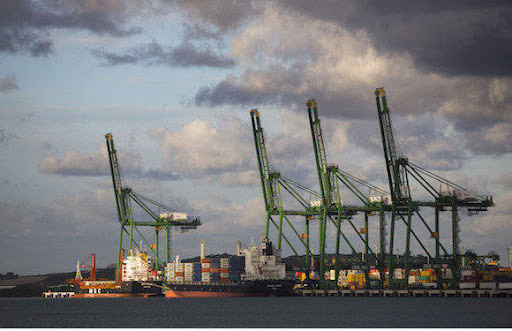After a first stage in which the proposed goals could not be achieved, mainly due to the intensification of the United States blockade and Washington’s unilateral coercive measures, as well as the Covid-19 pandemic, the coming years are essential to gain ground.
Cuba, which ended 2021 with an increase of its gross domestic product (GDP) of 2 percent, is expected in this new year to achieve 4 percent, but the projection is to continue the positive escalation to reach the end of the second stage of the PNDES, in 2026, with the level initially planned.
Cuba does not renounce its development despite adverse circumstances, Deputy Prime Minister and Minister of Economy and Planning Alejandro Gil said at the 8th regular session of Parliament in December.
In this sense, he mentioned as support of the aspirations the recovery of tourism and the related sectors; the progressive performance of productive and service activities, such as manufacturing, agriculture, commerce and construction, among others.
To this, he added that growth is projected with a reduction in the imported component of the economy (16 cents of imports for each peso of the GDP, lower than that achieved in previous years), which is positive.
However, the country will have to face challenges such as more than 500 state-owned companies that have reported losses, the partial dollarization of the economy in relations between companies and those from the non-state sector, and deviations from the design of the monetary system, mainly in relation to retail inflation (more than 70 percent).
Not in vain the priorities set by the Government this year are to advance in the macroeconomic stabilization process and in the recovery of the role of the Cuban peso as the center of the financial system.
Likewise, work is being done to stabilize the national power generation system through the recovery and creation of generation capacities, as well as through the increase in the use of renewable energy sources.
The transformation of the main subject of the Cuban economic model: the state business system, is another vital issue in this period, without neglecting the prioritized attention to people, homes and communities in vulnerable situations; and the promotion of autonomy in municipalities and territorial development.
Cuba lived in 2021 where the confrontation with the pandemic and the US blockade did not prevent the adoption of measures to boost the economy.
Among the most significant are those dedicated to strengthening the state enterprise, improving economic actors with the inclusion of micro, small and medium-sized enterprises, and increasing agricultural production.
Add to this the expansion of Cuba’s business portfolio with foreign investment and the strengthening of cooperation with major partners, such as the Eurasian Economic Union, Vietnam and China, the latter with the effective insertion in the project of the Economic Belt and Road Initiative.
This year is just as challenging, said Cuban President Miguel Diaz-Canel, who insisted on the importance of keeping the Covid-19 epidemic under control, as a fundamental premise to carry out the purposes of this new stage.
jg/msm/kmg










